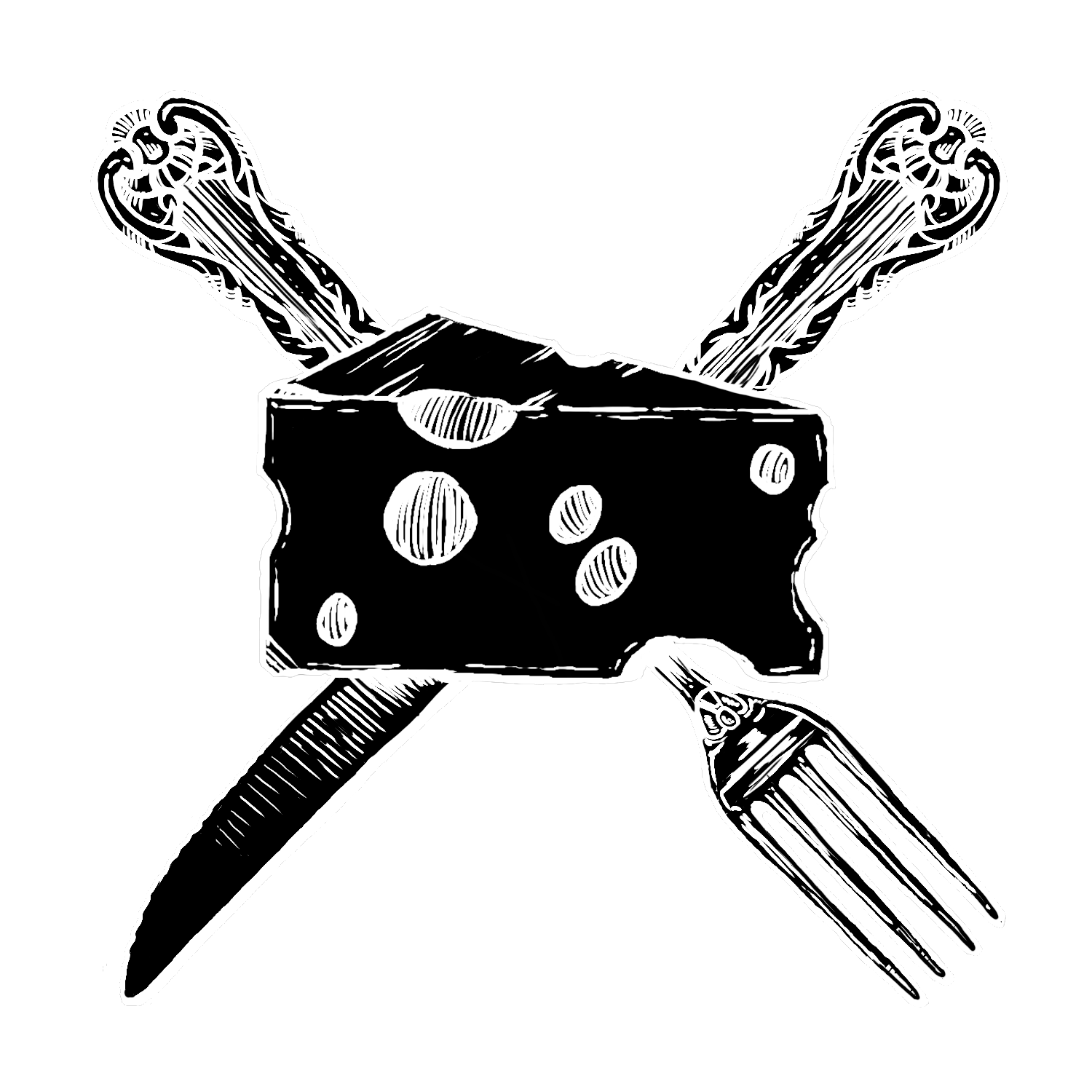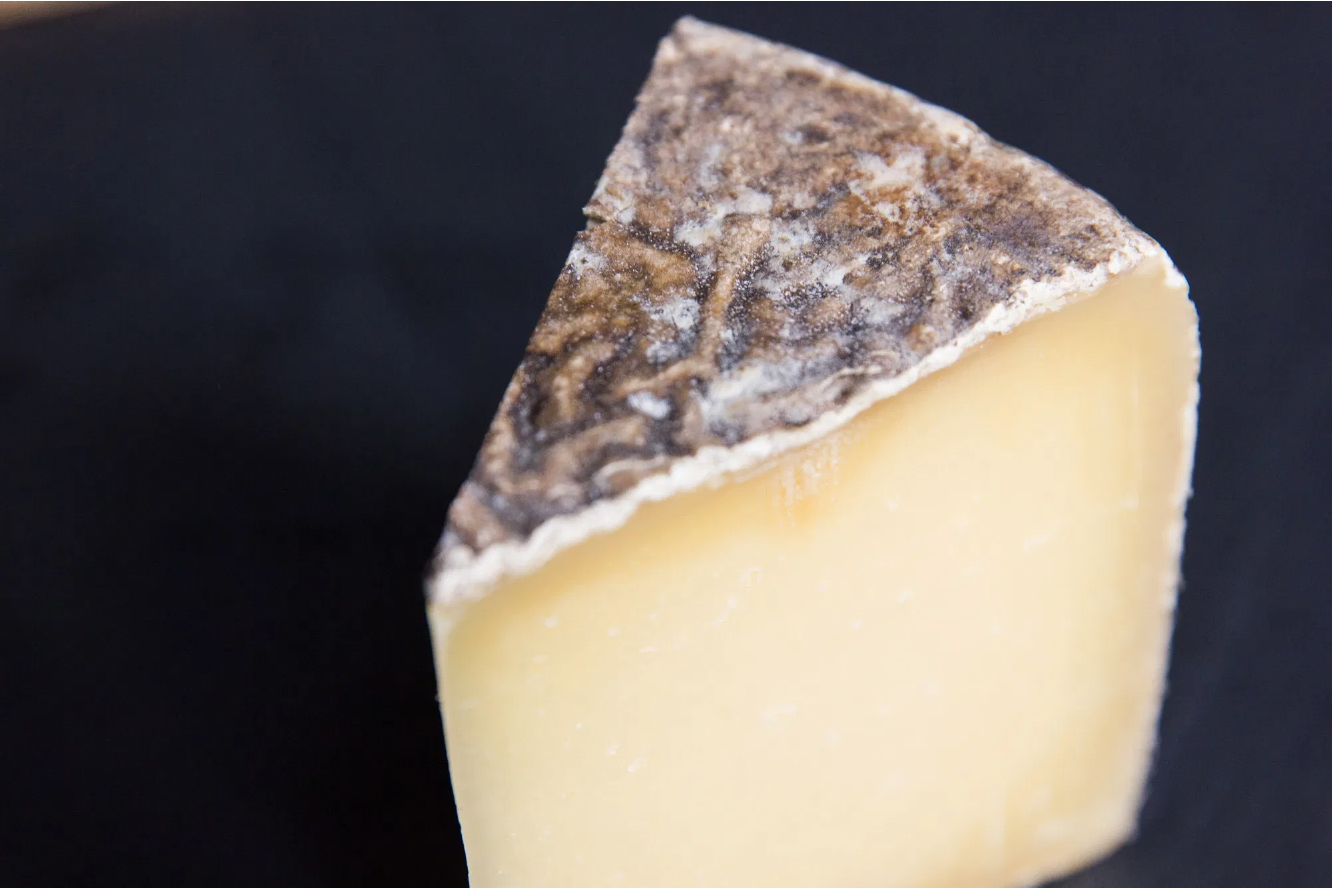How to Taste Cheese
Look, Smell, Feel, Taste, Pair
I believe that eating cheese is a form of meditation. It’s an opportunity to let go of everything and fully give yourself to cheese. It’s a complete sensory escape. You don’t have to be a connoisseur to appreciate cheese. Here’s a guide on how to taste cheese like a pro. For best results, start with room-temperature cheese. Refrigeration dulls the flavor.
HOW TO TASTE CHEESE
1. LOOK
Give her the elevator eyes, appreciating the beauty of this masterpiece. Observe the color of her paste and rind. These visual cues will hint at how she’ll taste. For example, if the rind is orange or red, expect some funk.
2. SMELL
Take a good sniff: What comes to mind? Flowers, vegetables, toasted nuts, toffee, lemons? Take note of what her smell reminds you of; this will open your taste buds to nuanced flavors. Describing the aroma will also build a vocabulary so that when you do taste it, you can talk about it.
3. FEEL
Go ahead and feel her up. Give her a gently squeeze. Is she crumbly, springy, elastic? Will she spread onto bread? Observing the texture in your hands is like a preview of how she’ll feel in your mouth.
4. TASTE
Now for the best part. Take a bite and press the cheese against the roof of your mouth, letting all your senses blossom together. Concentrate on how it feels in your mouth and what flavors emerge. Scroll to the bottom of this post for a tasting glossary.
5. PAIR
Now that you’ve fully experienced your cheese by herself, try adding an accompaniment or beverage to pair. Take another bite and follow with a drink. Spread her on a cracker or dollop with some jam – anything you want to take this relationship to the next level.
TASTING GLOSSARY
Spicy: Nutmeg, black pepper, vanilla, pungent
Lactic: Fresh milk, cream, yogurt, and fresh butter
Fruity: Apricots, lemons, apples, honey, and flowers
Roasted: Toasted bread, coffee, roast nuts, chocolate, tobacco
Vegetal: Grass, onions, potatoes, soil, and cabbage
Animal: Beef broth, custard, wool, barny, gamey


